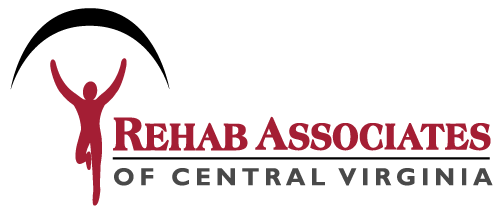Pelvic Pain and Pelvic Dysfunction
With all the changes women experience in their bodies, it’s not surprising that unique health issues crop up from time to time. Though these issues – such as urinary leakage and pain in the pelvic area – are common, they are not normal. Fortunately, these and other women’s issues can be resolved with individualized plans and one-on-one treatment strategies.
SYMPTOMS TO NOTICE
- Urinary leakage or incontinence
- Pain in the pelvis area or lower back and legs
- Sciatic nerve pain
- Other nerve symptoms such as numbness in hands, arms, or legs
- Difficulty walking or performing normal daily activities
- Weak or tight muscles – particularly abdominal muscles
- Desire to start or resume an exercise plan
- Menstrual Disorders
- Endometriosis
URINARY DYSFUNCTION
(INCONTINENCE, LEAKAGE)
Women of all ages can experience varying degrees of urinary dysfunction. Often, women blame aging as the issue and fail to obtain treatment that can help them resume normal lives. Physical therapy can help patients who experience involuntary leakage, overactive bladders, and voiding dysfunction by using treatments that result in muscle strengthening and bladder retraining.

CHILD BEARING
Women experience a variety of issues during and after pregnancy – in addition to urinary difficulties – including back discomfort or pain, pelvic pain, and weakened core strength. If problems aren’t taken care of right away, bigger problems can arise in the future. Benefits of physical therapy during or following pregnancy:
- Smoother pregnancy and birth
- Reduced discomfort and pain
- Less pain from sciatica
- Stronger abdominal and back muscles
- Better bladder control when coughing, laughing or sneezing
BEFORE AND AFTER SURGERY
Physical therapy prior to a hysterectomy, a cesarean, or another type of surgery can make recovery time shorter and less difficult. Our specially-trained therapists work to strengthen core muscles and to educate patients to ensure that they arrive at their surgical procedure in the best situation possible. Additionally, physical therapy can help women maintain bone density. Our therapists also work to return patients to their busy lives after they’ve had surgery. For discreet, evidence-based physical therapy for your women’s health issues, please call Rehab Associates today.
Meet Our Women’s Health Professional
 Dr Brenda Murphy
Dr Brenda Murphy
Dr. Murphy grew up locally in the Forest and Lynchburg areas. Dr. Murphy graduated from Central Virginia Community College with an Associate of Science degree in 1995. From there, she went to Philadelphia and in 1998 graduated with both a Bachelor’s and an advanced Master of Science degree in physical therapy from Thomas Jefferson University. In 2015, Dr. Murphy received a transitional doctorate degree in physical therapy from A. T. Still University in Mesa, Arizona. Clinically, Dr. Murphy enjoys working as a physical therapist helping patients return to optimal function. In 2002, Dr. Murphy was the first physical therapist to specialize in the treatment of pelvic dysfunctions in the Lynchburg area. She has done extensive training in this area and treats men and women with a variety of pelvic dysfunctions such as urinary frequency and leakage, bladder pain, dysfunctional voiding, fecal incontinence, difficulty with defecation, pelvic pain syndromes, and pain with sexual intercourse.
Meet Our Men’s Health Professional

Dr Andrew J. Tatom, III
Andrew Tatom graduated from Old Dominion University’s Physical Therapy program in 1982. He completed his Doctorate of Physical Therapy from Rocky Mountain University in 2005 and has been a Board Certified Clinical Specialist in Orthopedic Physical Therapy since 1995. His special interests include manual therapy with an emphasis in spine, SI joint, headaches, facial pain and temporomandibular dysfunction, dry needling and male pelvic health
